Clear Communication: Effective communication is essential for fostering collaboration among team members. Project managers should clearly communicate project goals, objectives, roles, and expectations to all team members. Regular updates and transparent communication channels help keep everyone informed and aligned.
Shared Goals and Vision: Establishing shared goals and a common vision for the project encourages team members to work together towards a common objective. When everyone understands the project’s purpose and how their contributions fit into the bigger picture, collaboration becomes more natural.
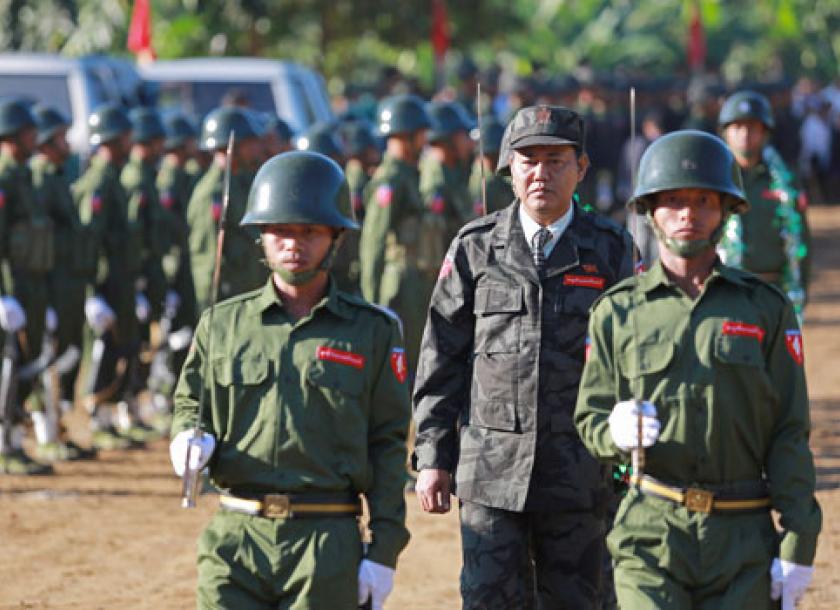
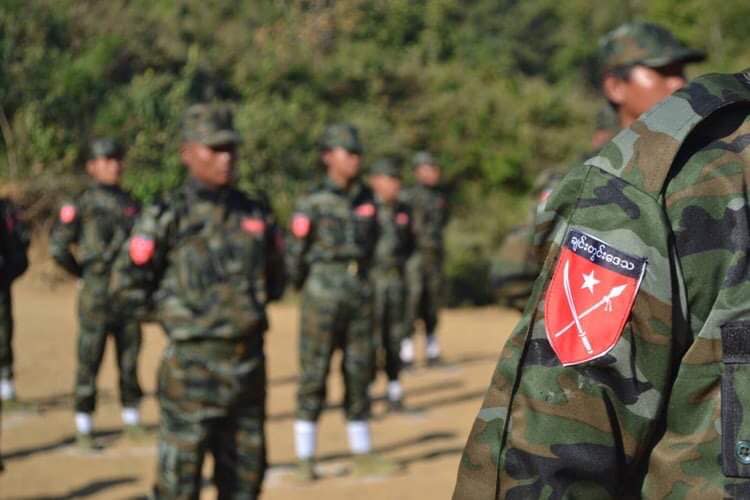
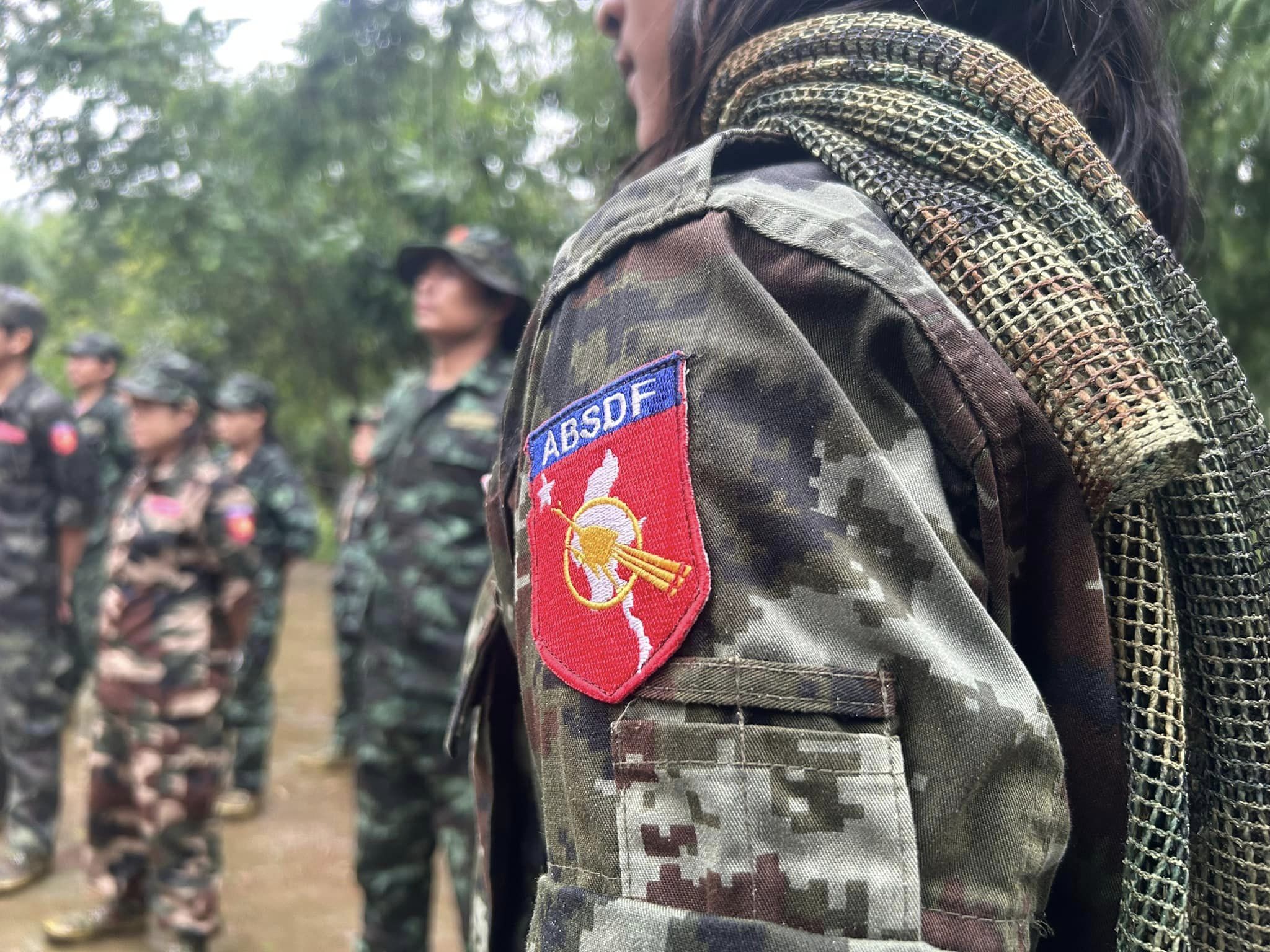
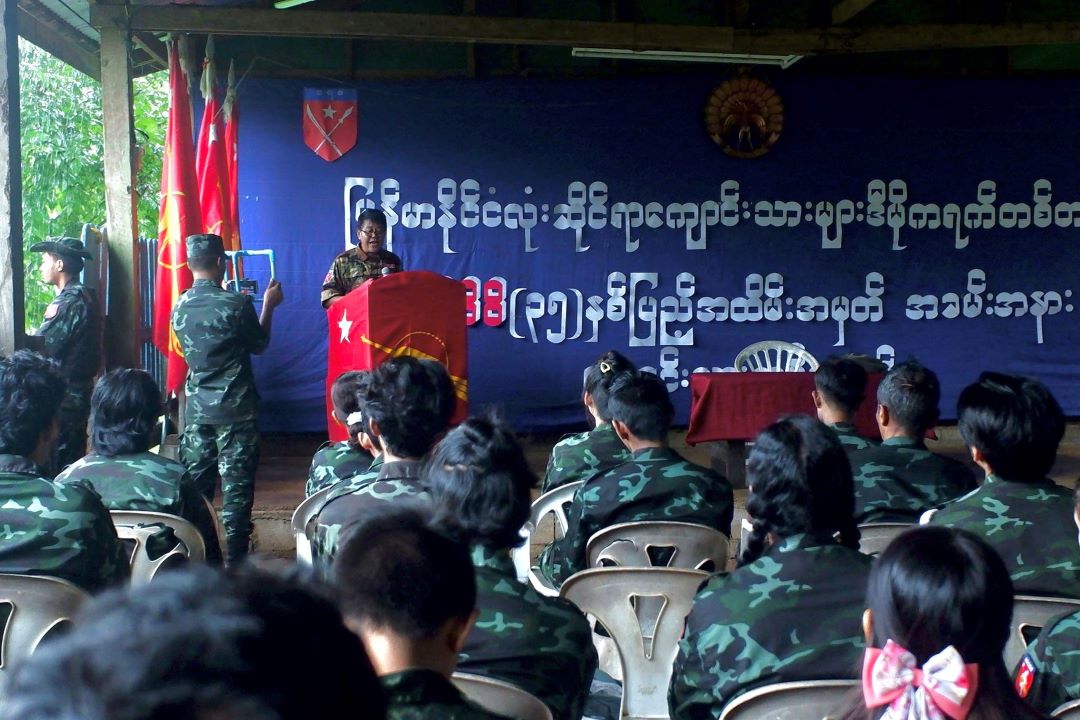
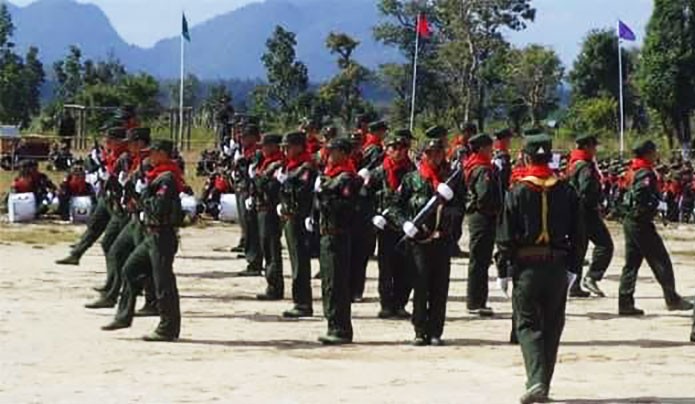
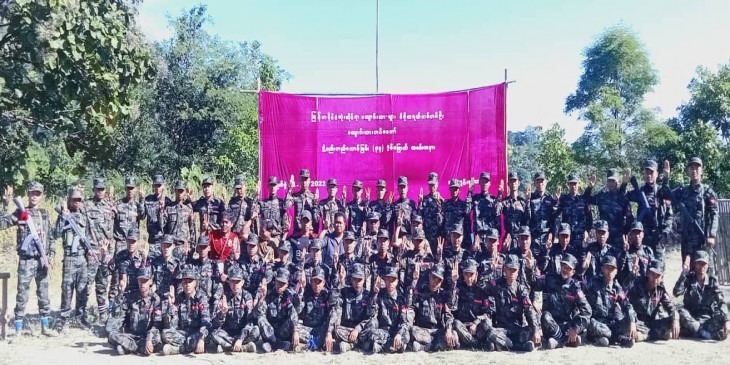

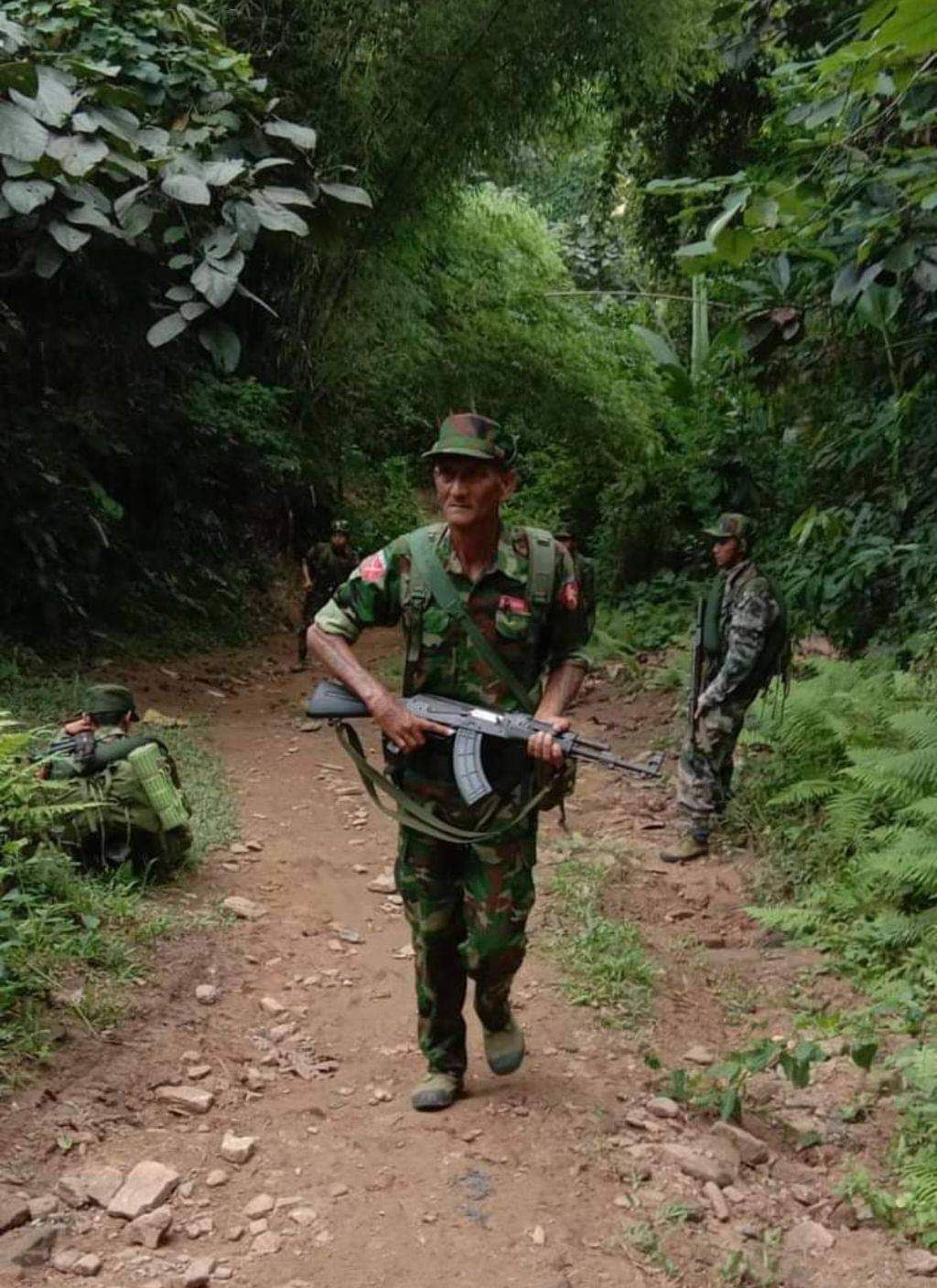
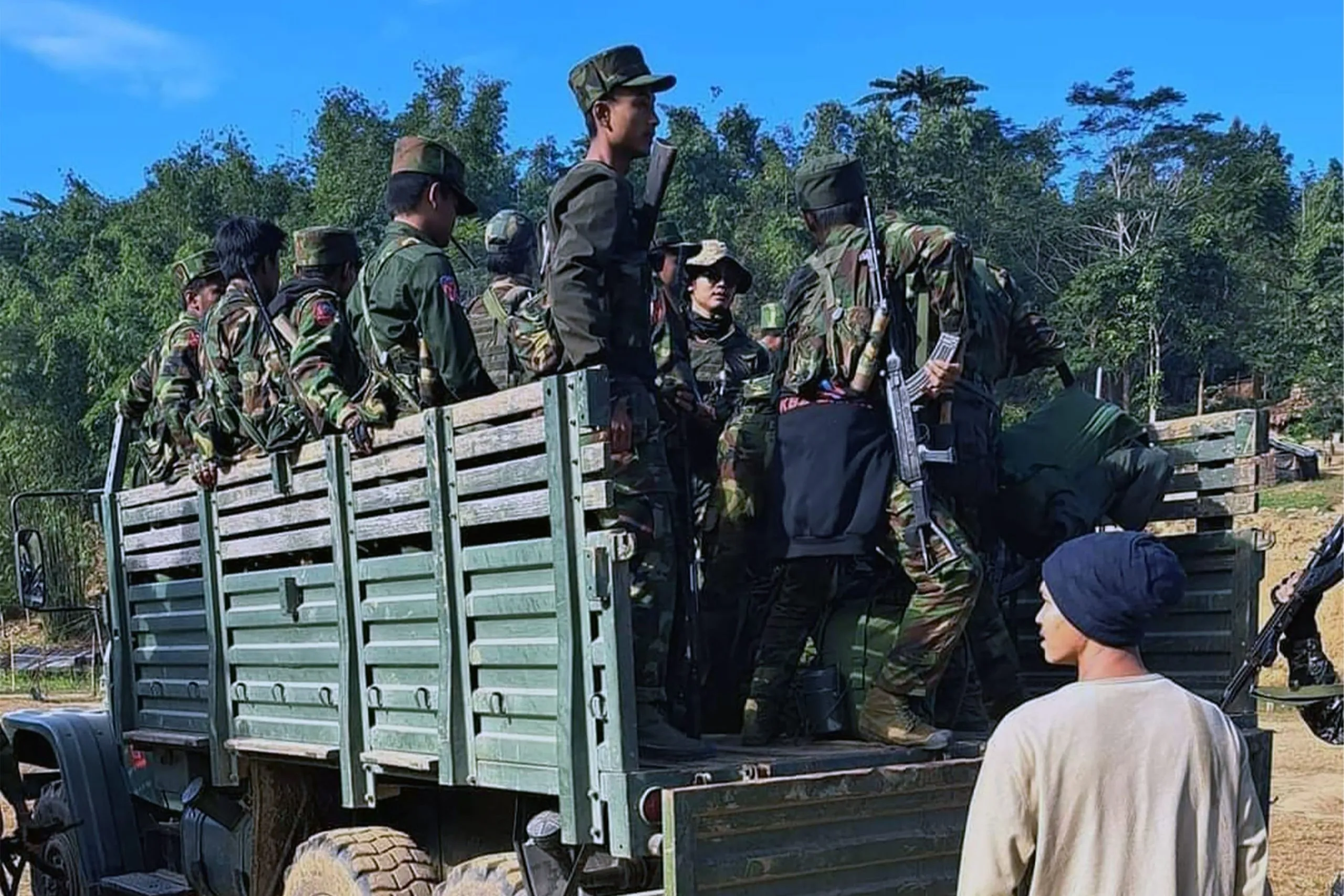
Skill-Based Resource Allocation: Assigning tasks based on individual team members’ skills, strengths, and expertise enhances collaboration. By leveraging each team member’s unique capabilities, you create a more efficient and cohesive team where everyone can contribute effectively to the project’s success.
Cross-Functional Teams: Building cross-functional teams brings together individuals with diverse skills and perspectives to tackle complex problems. This diversity fosters creativity, innovation, and collaboration as team members learn from each other and leverage their collective expertise to overcome challenges.
Empowerment and Trust: Empowering team members by delegating responsibilities and trusting them to make decisions fosters a collaborative environment. When team members feel valued and trusted, they are more likely to collaborate openly, share ideas, and take ownership of their work.
Collaborative Tools and Technologies: Utilizing collaborative tools and technologies such as project management software, communication platforms, and shared document repositories facilitates teamwork. These tools streamline communication, task management, and information sharing, making it easier for team members to collaborate regardless of their physical location.
Regular Team Meetings and Check-Ins: Schedule regular team meetings and check-ins to discuss progress, address concerns, and brainstorm solutions collaboratively. These meetings provide an opportunity for team members to share updates, provide feedback, and align their efforts towards common goals.
Conflict Resolution Mechanisms: Conflict is inevitable in any team environment, but effective conflict resolution mechanisms help address issues promptly and constructively. Encourage open communication, active listening, and a collaborative approach to resolving conflicts to maintain team harmony and productivity.
Recognition and Appreciation: Recognize and appreciate team members’ contributions to the project regularly. Celebrating achievements, acknowledging hard work, and expressing gratitude fosters a positive team culture and motivates team members to continue collaborating effectively.
By implementing these strategies, project managers can create a collaborative team environment where individuals work together synergistically to achieve project success.
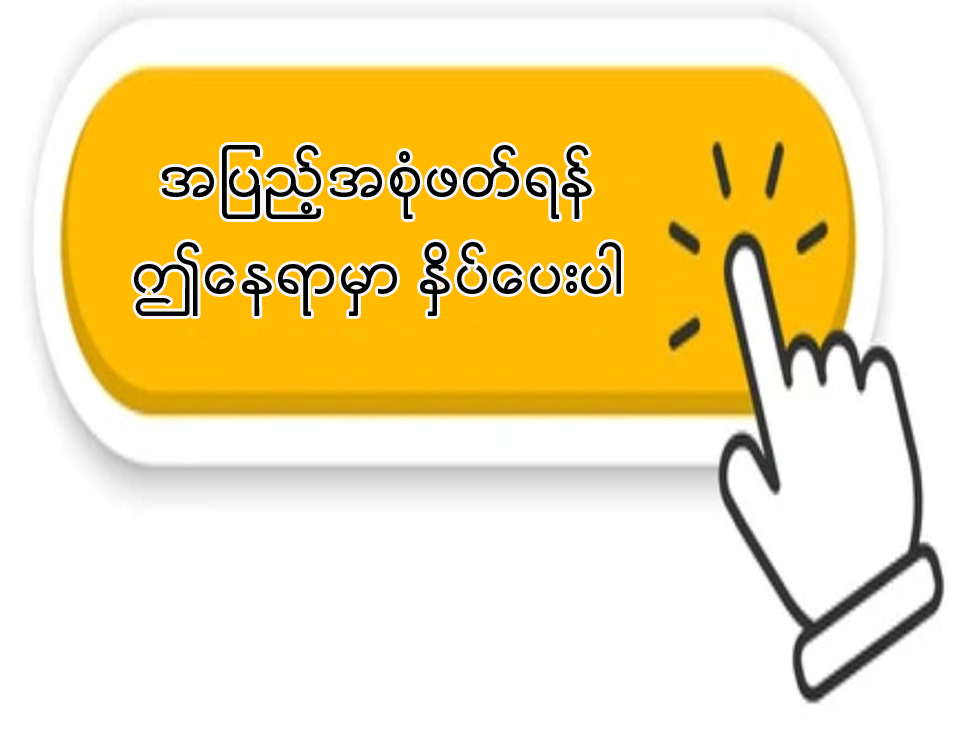
Leave a Reply